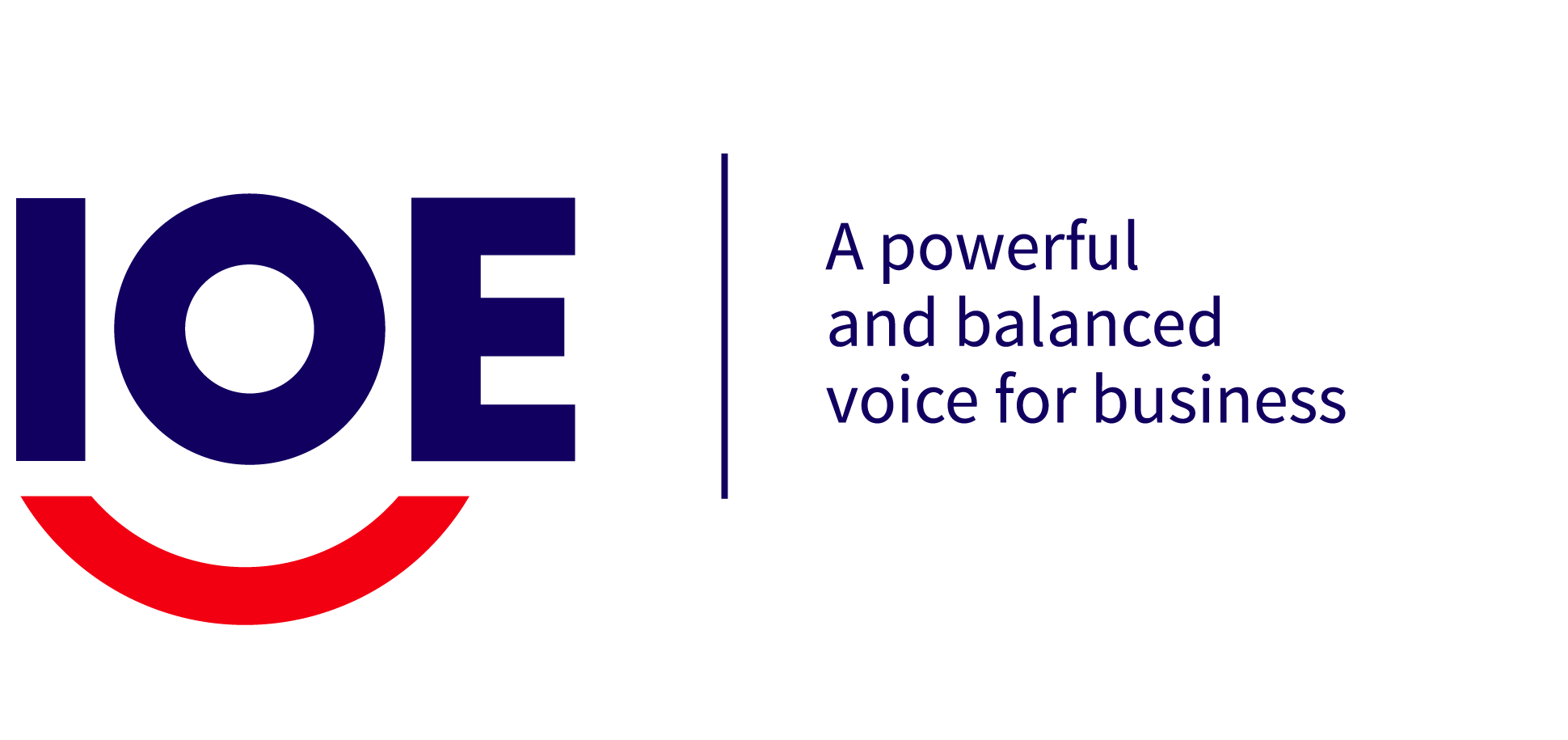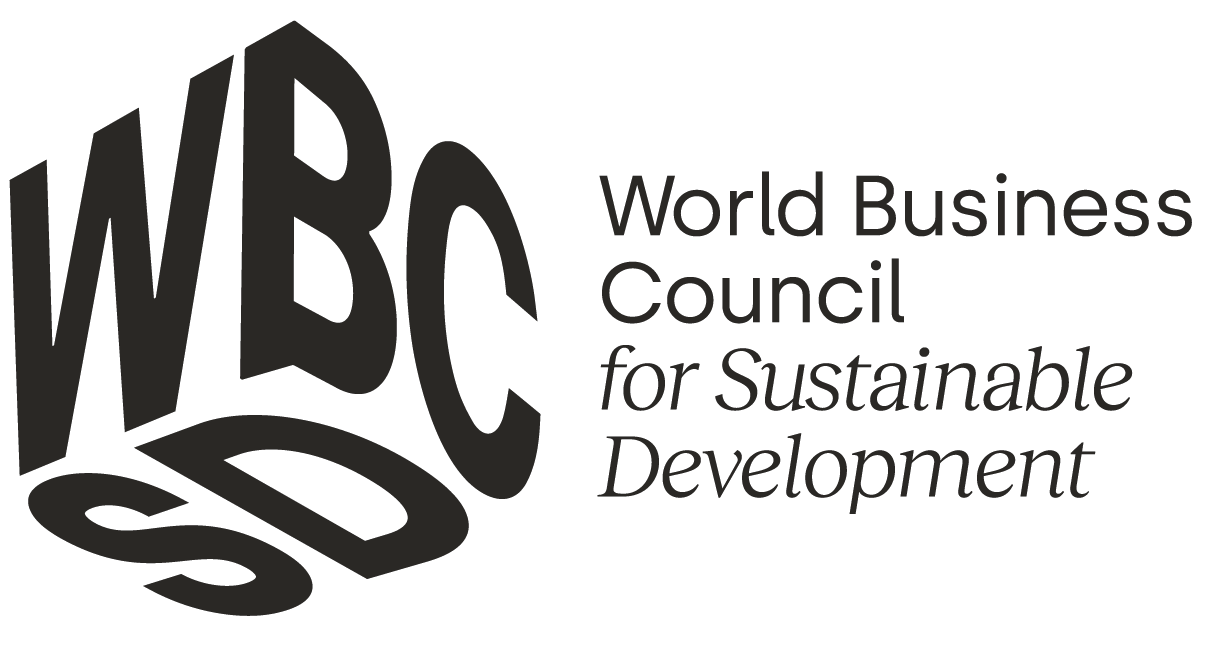Global Businesses Back Inclusive Multilateralism as UN Turns 80
New York, United States of America
Four of the world’s most influential international business institutions – the International Chamber of Commerce, the International Organisation of Employers, the UN Global Compact, and the World Business Council for Sustainable Development – are jointly reaffirming the private sector’s strong support for an inclusive, effective, and trusted multilateral system amid deepening global divisions.
Since our last joint call to action, the global landscape has changed significantly. Geopolitical tensions are increasing, and trade and investment flows are being reshaped. Rapid technological advances, especially in artificial intelligence (AI), are transforming how we live and work. During this time of swift change, and as the United Nations nears its 80th anniversary, it has become more important than ever for businesses and employers to actively participate in inclusive multilateralism.
We strongly support the efforts of the UN Secretary-General on the UN 80 initiative, which aims to reform and modernize multilateralism. It is vital that the UN remains effective, relevant, and responsive in an increasingly complex and interconnected world. Many multilateral institutions were created after World War II and now need to effectively address today’s global challenges—such as sustainable economic and job growth, equal opportunities, climate action and energy security, peace and resilience, digital transformation, and others.
Modernizing structures, strengthening decision-making, fostering synergies, and engaging stakeholders, including the private sector—with greater seriousness and effectiveness, will be more important than ever. This renewed multilateralism can produce results more efficiently, be more effective in promoting sustainable development, and better align with society's real needs and voices.
By embracing innovation and ambitious reform, modern multilateral frameworks can regain public trust, foster collective action, and ensure that global cooperation genuinely benefits both people and the planet. Global stability is the foundation for prosperity. In an era when political divisions and economic uncertainty risk deepening fragmentation, the UN remains a vital anchor for cooperation. Businesses and employers are calling for predictable, rule-based trade, open markets, and investments that support sustainable enterprises and decent working conditions, in partnership with governments and social partners.
Innovation and technology serve as catalysts for global progress when properly managed. Multilateral cooperation is crucial to ensure that advances in AI and digitalization are guided by a human-centered and sustainable approach. The private sector, in collaboration with UN agencies and Member States, is helping to develop ethical AI governance, bridge digital divides in developing regions, and enhance digital skills worldwide, and will continue to do so. Employers are prepared to offer expertise, cultivate talent, and support governance frameworks that generate positive outcomes for everyone.
The landmark UN agreement, the Pact for the Future, clearly encourages greater private sector involvement in addressing global challenges. The Pact further promotes effective multilateral cooperation, a stronger framework for sustainable enterprises, and renewed progress toward the SDGs. Businesses and employers are ready to help turn the Pact's commitments into concrete actions. However, successful implementation will depend on trust among governments, the UN, and all stakeholders, including the private sector, as well as on achieving tangible results.
Local implementation is essential. We support collaboration between the UN, especially UN Resident Coordinators, and the private sector. Using this approach, we must align business investments with the SDGs, promote decent work, and support enterprise growth that meets local needs and priorities. As we mentioned last year, creating enabling environments for sustainable enterprises, full and productive employment, and strong local and national economies is vital for prosperity. We remain committed to this belief and will work to advance it in every region where we operate.
Looking ahead, we recognize that the challenges facing the international community will only become more complex and that the need for cooperation will grow even more urgent. Our commitment remains steadfast: to work together with the UN and all partners to strengthen a resilient, effective, and future-ready multilateral system.
We, the global business and employers’ community, remain unwavering in our commitment to uphold multilateralism, to innovate responsibly, to act locally, and help ensure that the UN not only endures but thrives - trusted, capable, and ready for the next eighty years.




